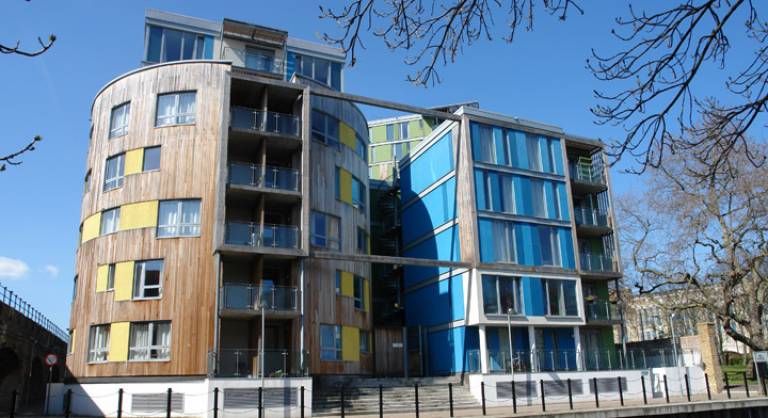Restoring Collective Interest in Urban Development was funded by the Leverhulme Trust in 2010-11.

Overview
This project analyses the underlying instabilities and inequalities of the market-led urban development model dominant until its current crash, and the potential of alternative models. The project draws together, updates and synthesizes professional experience, academic research and international network learning from the past 4 decades.
The UK's recent models for urban - especially housing - development have proved uniquely deficient, failing to provide good housing for all, redistributing wealth regressively, failing to capture revenues for infrastructure or collective services or to upgrade the stock for sustainability. Theoretical and analytical work and analysis of other European models suggest appealing alternatives.
The project parallels work by Bob Colenutt (University of Northampton) on Community-led Property Development.
- People
Michael Edwards
View Michael's profile
Send Michael an emailBob Colenutt
Bob Colenutt is a planner who spent many years fighting for community interests in south London and Docklands, then moved into local government, becoming head of sustainable communities for Northampton and then joining the Institute of Urban Affairs at Northampton University. He has written extensively on planning and community politics.- Outputs
Work in progress on the project, and the parallel work of Bob Colenutt, is on a blog where there are active debates, draft documents and announcement of seminars. Pamphlet, eBook and other forms of output are planned.
- Impact
Our failure in Britain to produce the housing and settlements which we need is both a symptom and a cause of the breakdown of our economy and our society. The aim of this work is to map out the main relationships involved in this breakdown and to argue that we have the means to do something about it through a stronger collective approach to how land is owned and used.
These changes would not, of course, solve all of society's problems: parallel changes would be needed in other spheres, nationally and internationally. But change has to start somewhere (or everywhere) and there will be grave penalties if we fail to deal with these land and planning problems. Going 'back to normal' is neither feasible nor desirable.
 Close
Close

